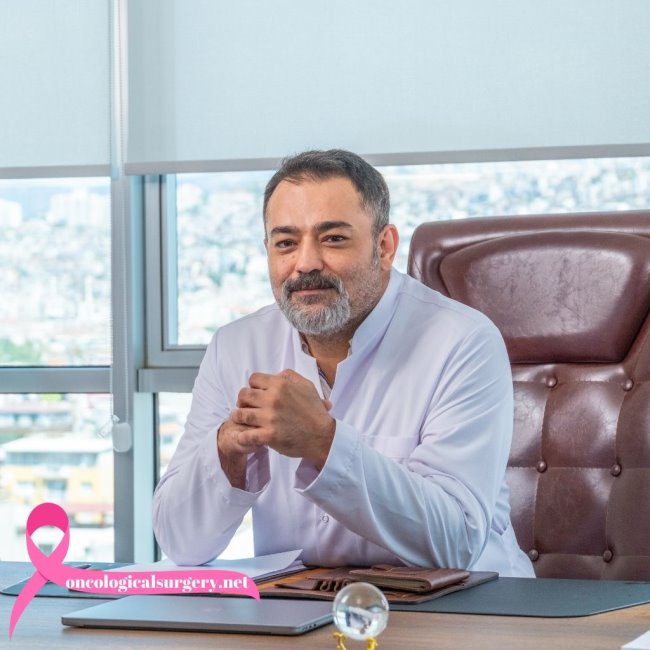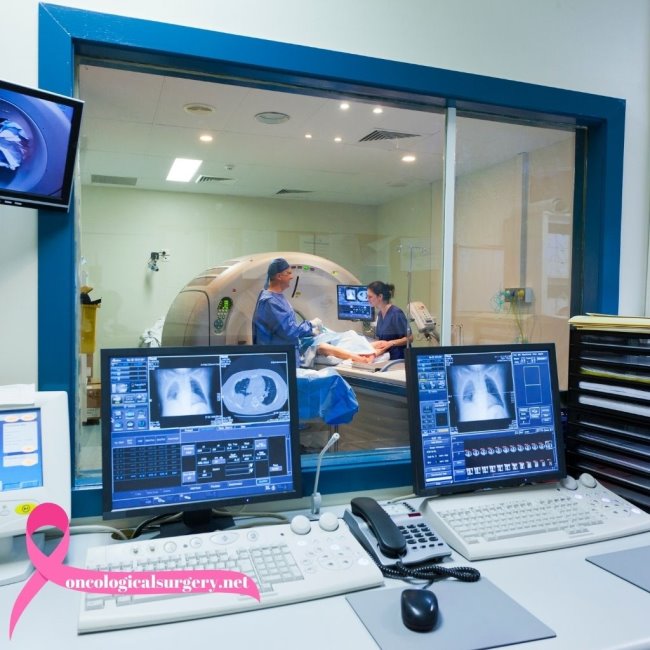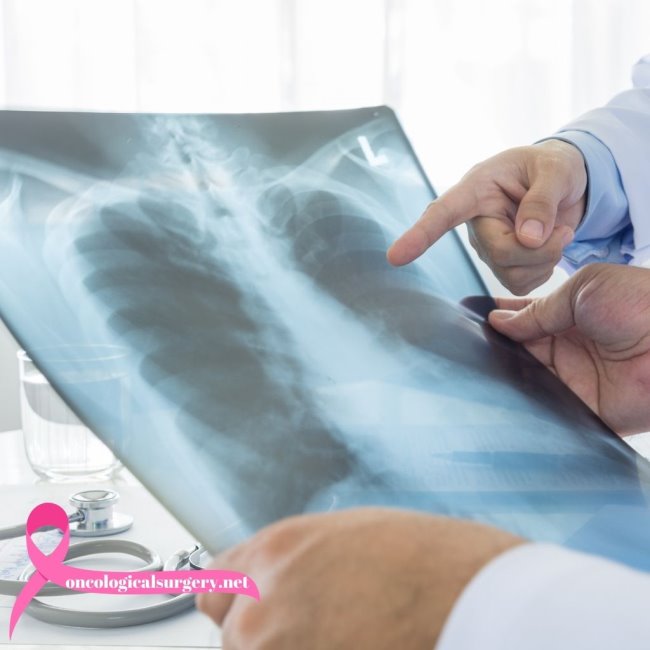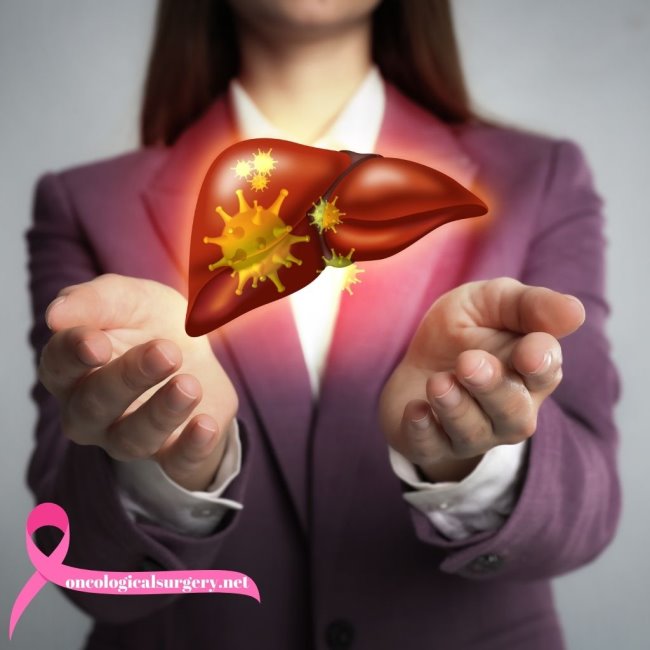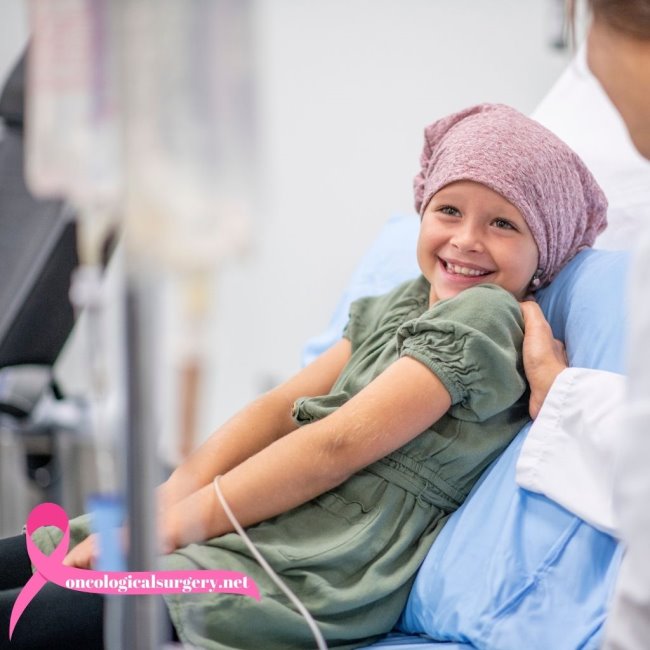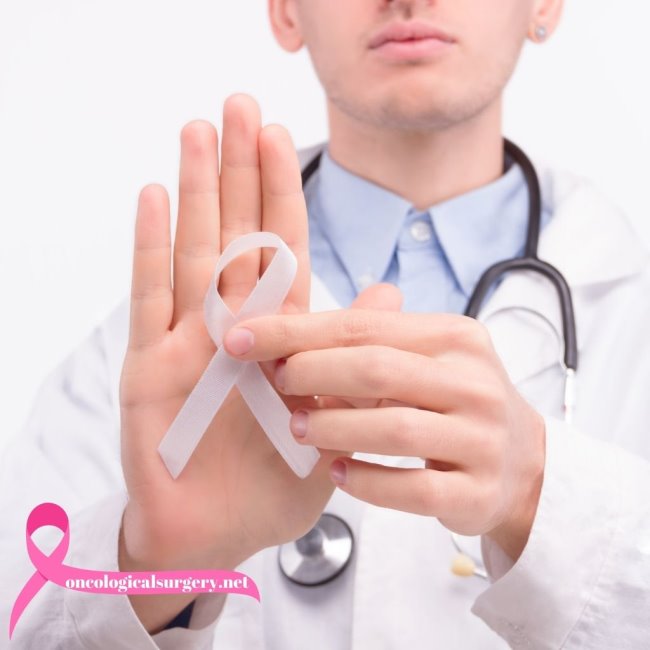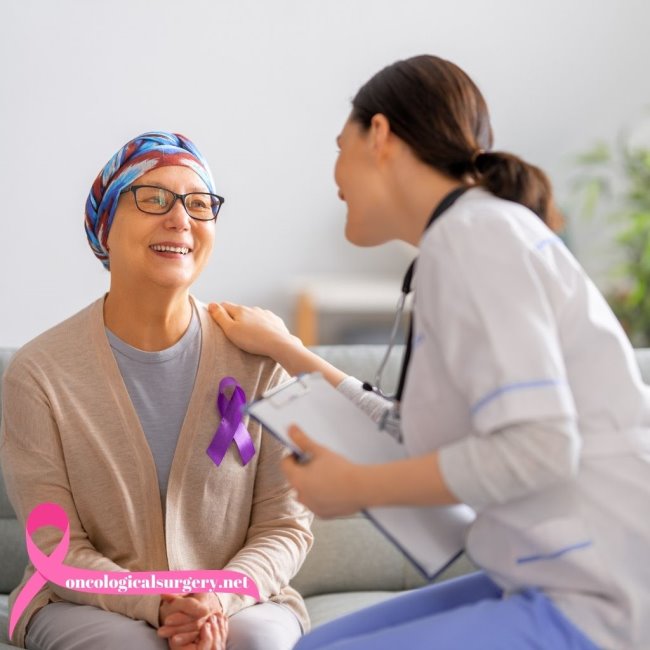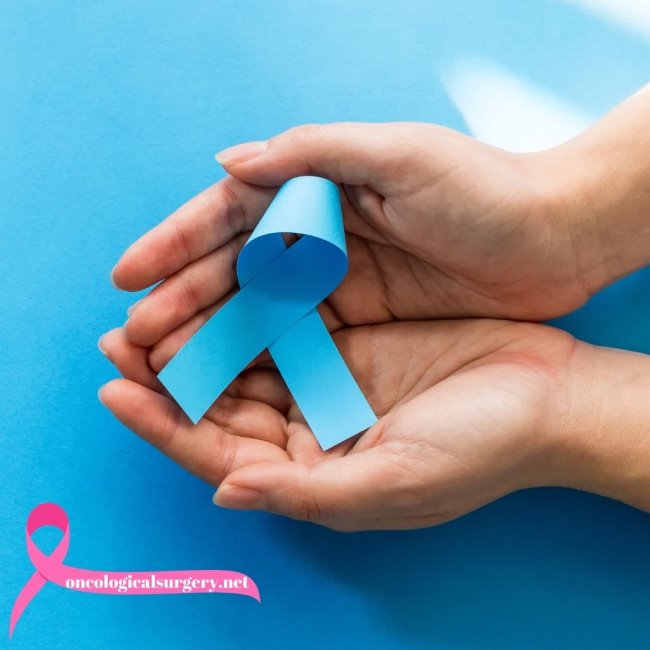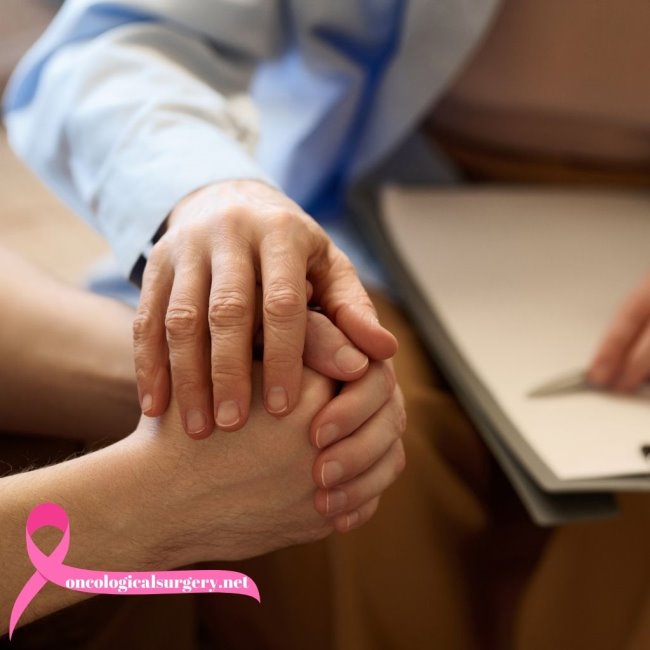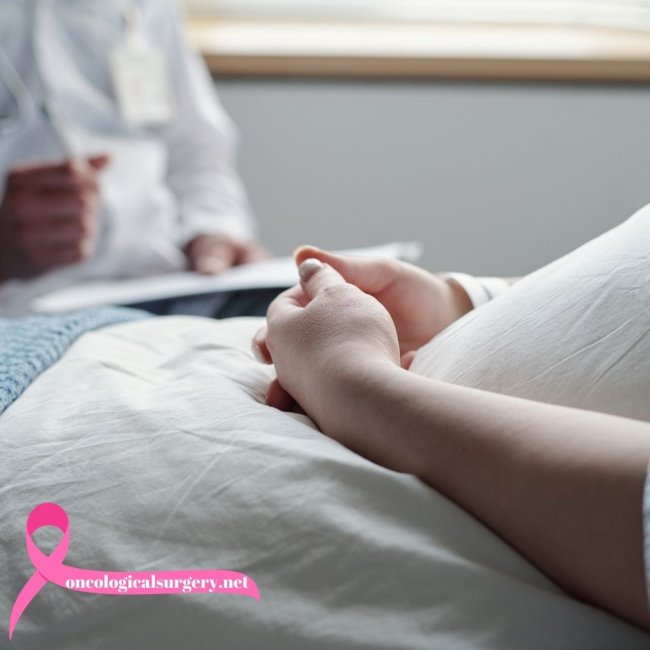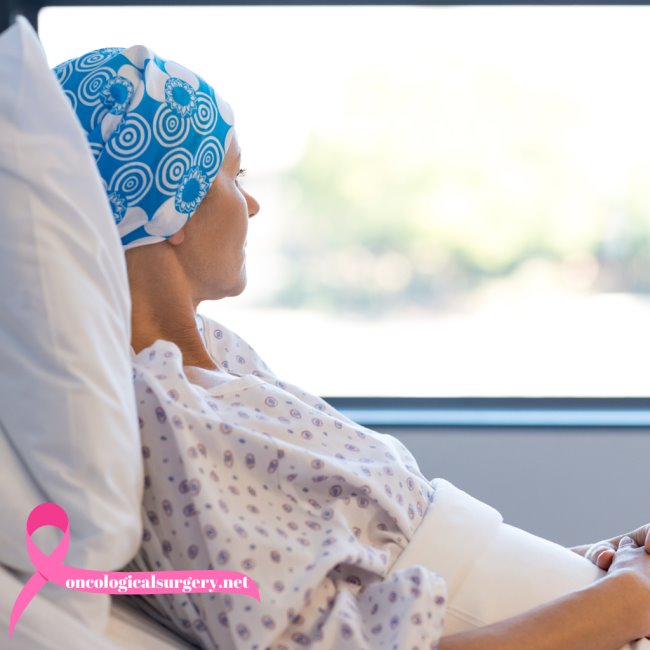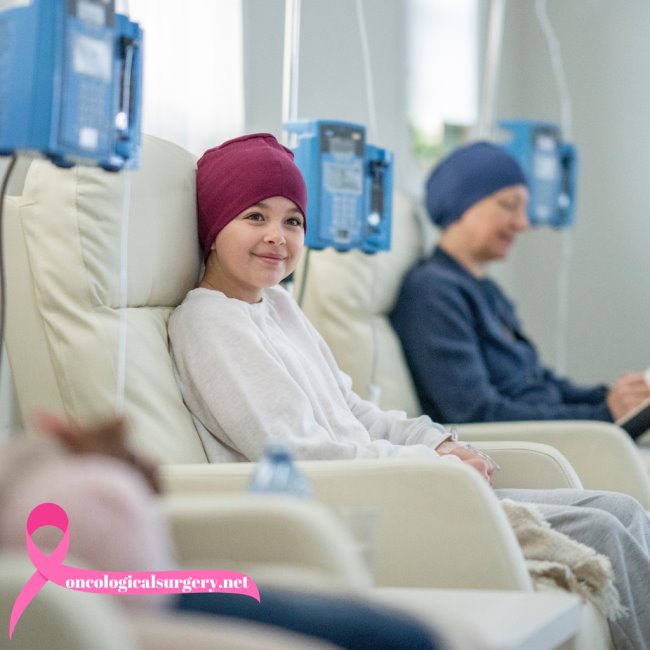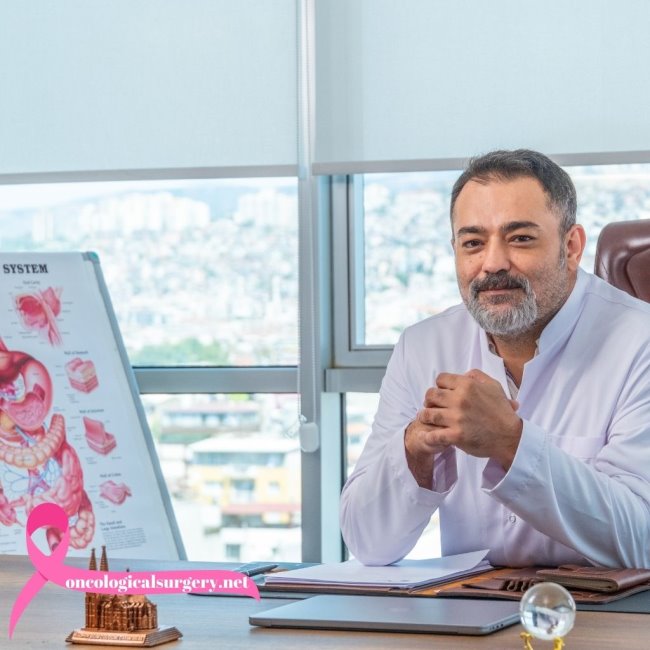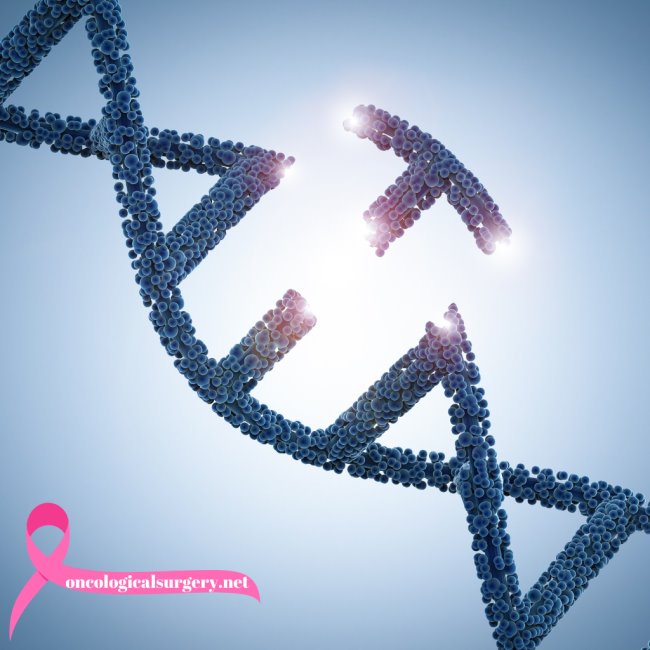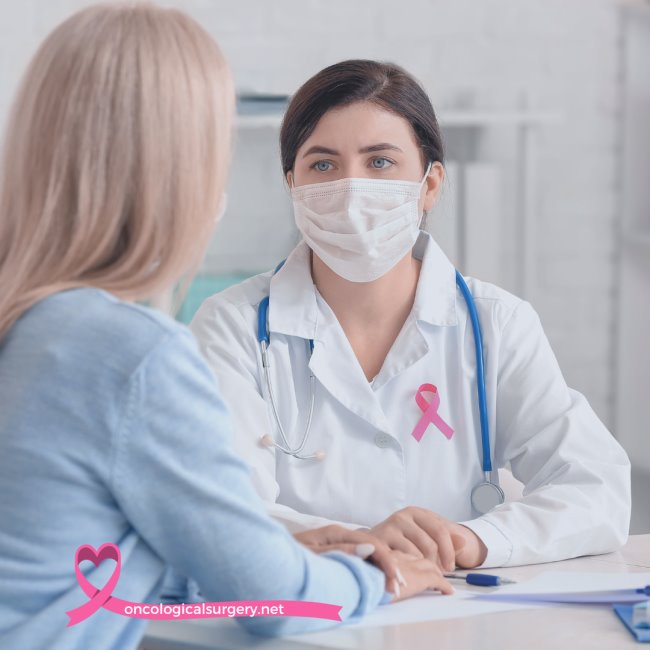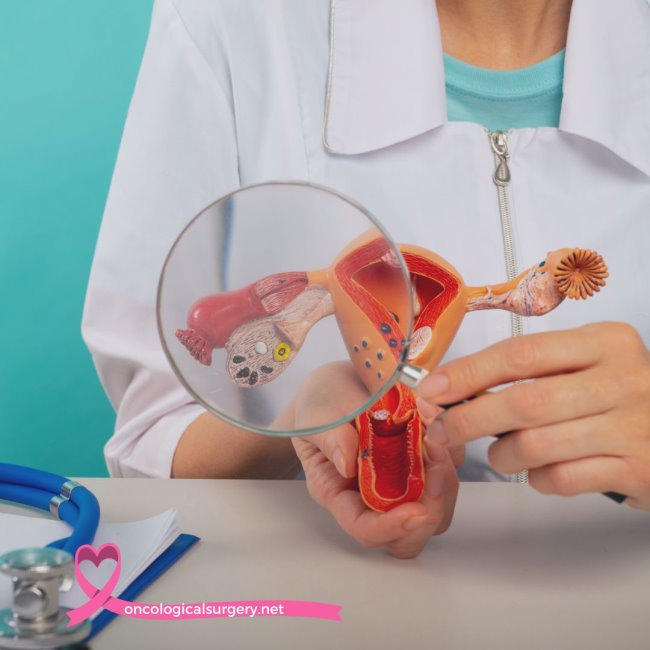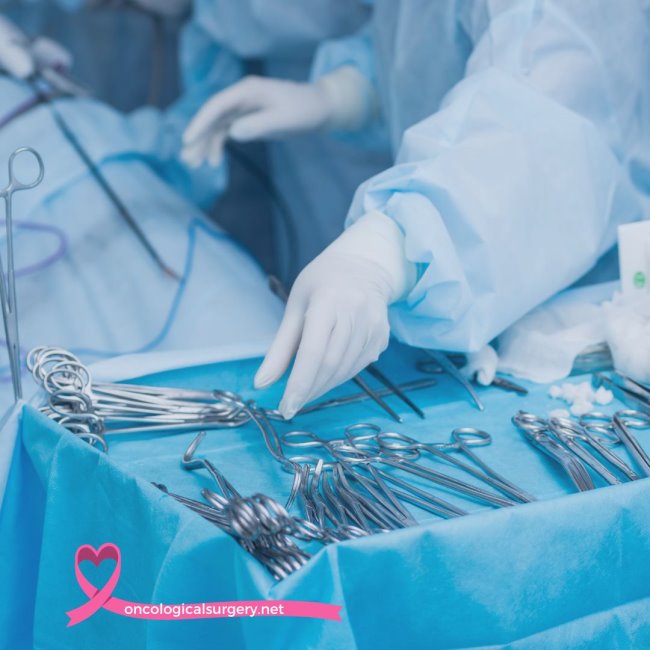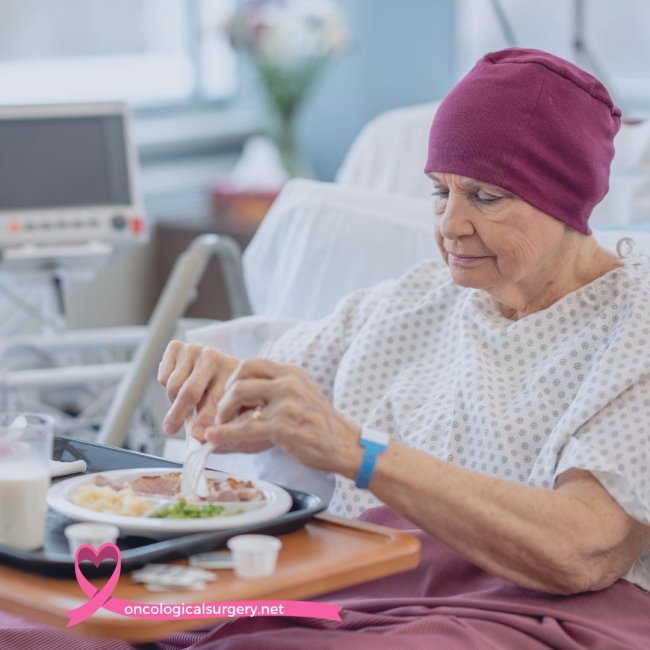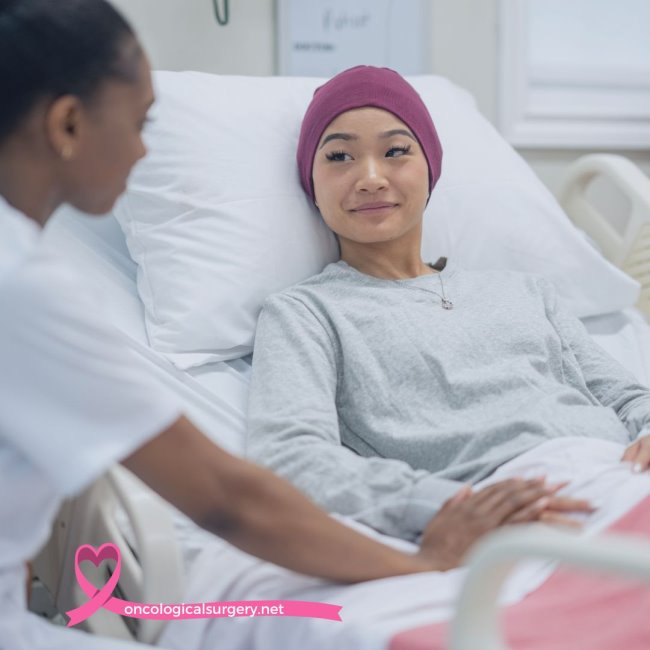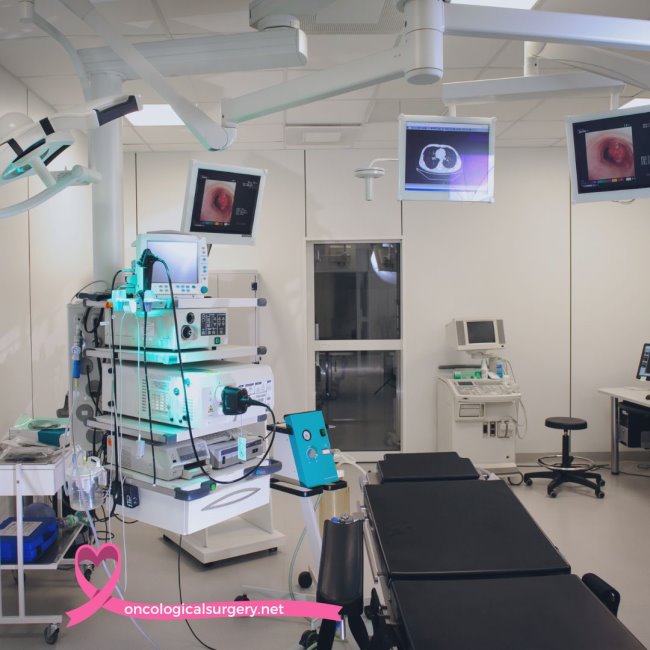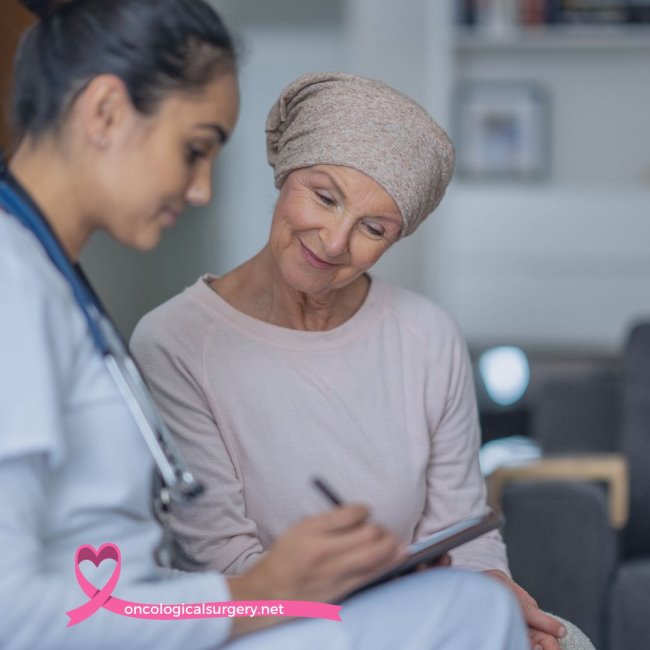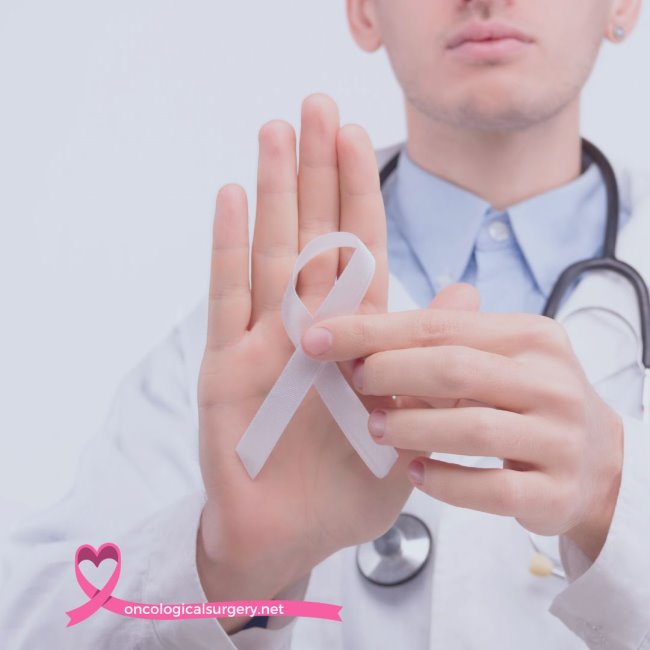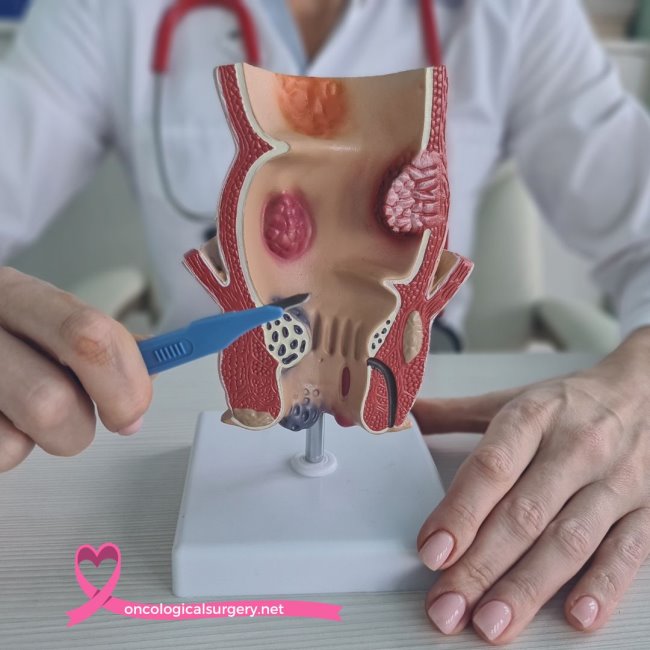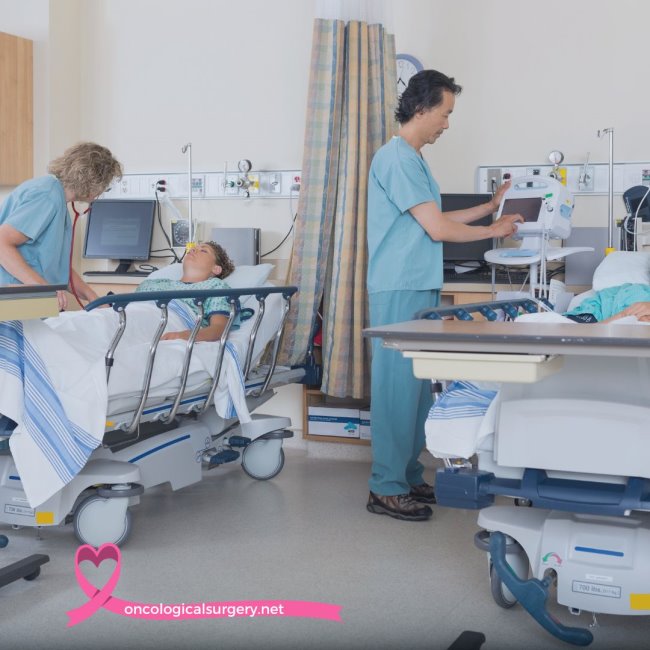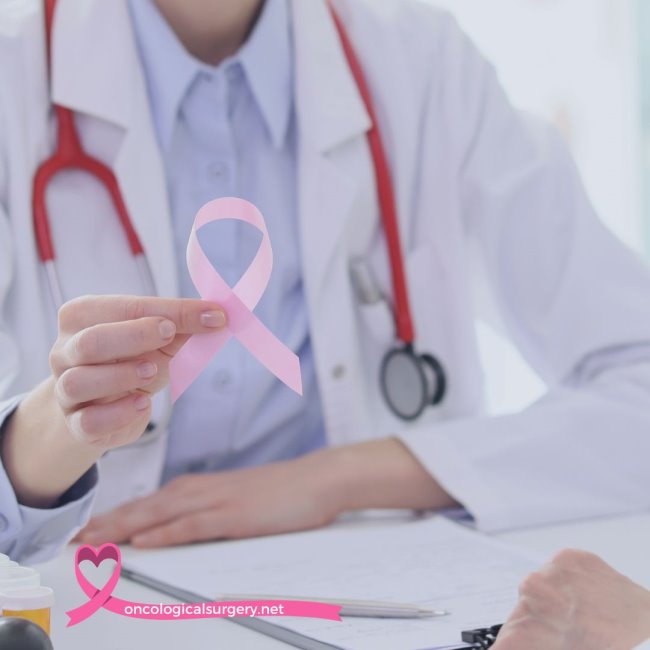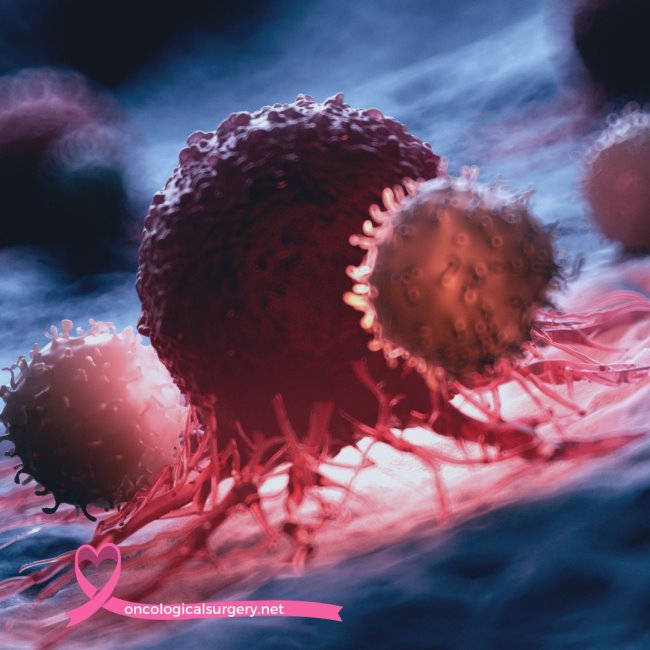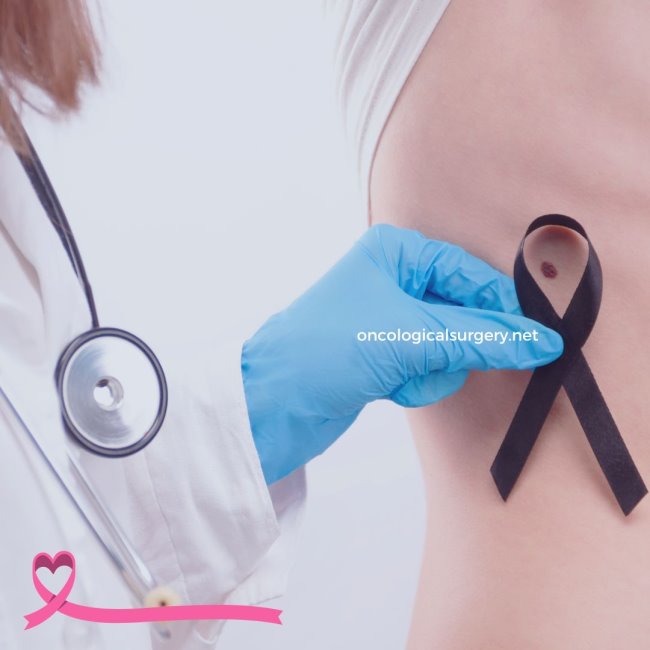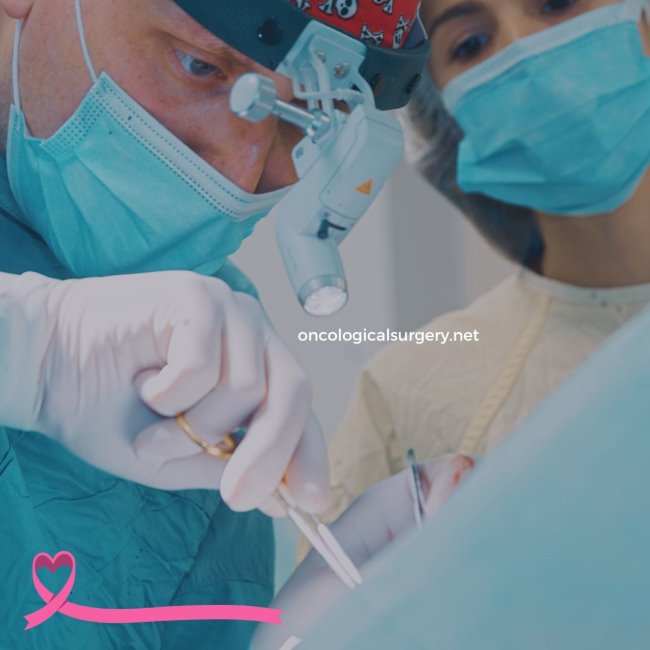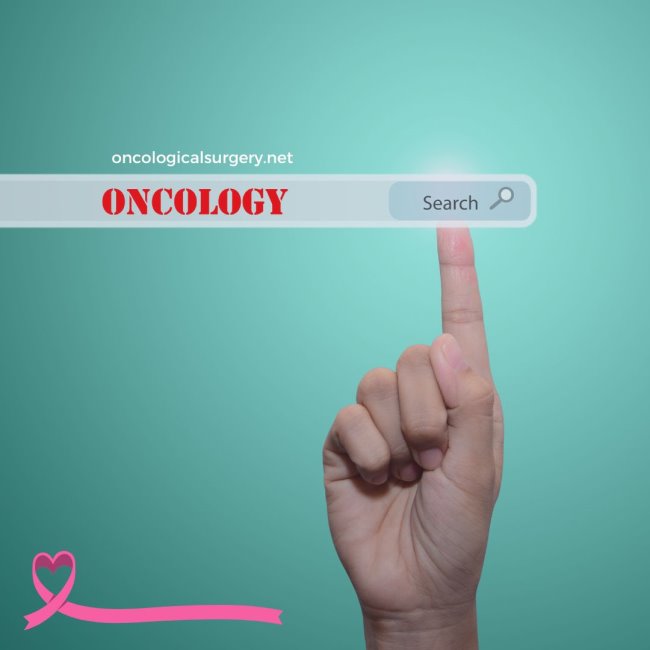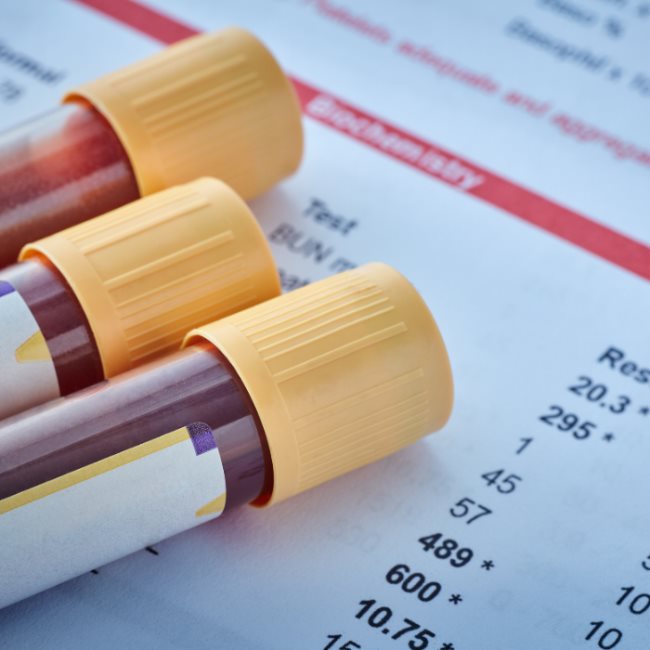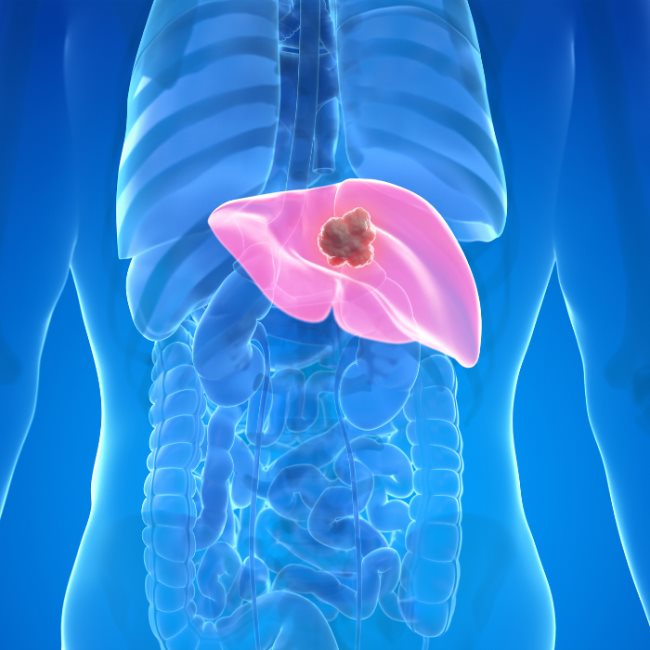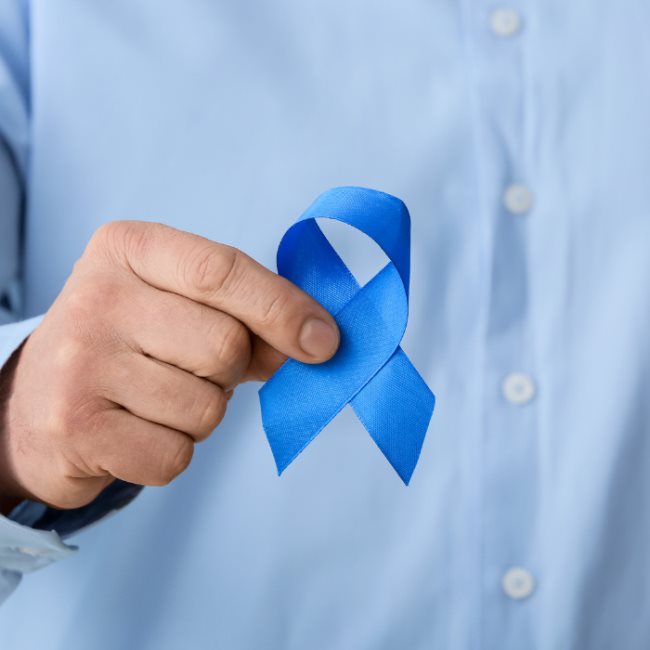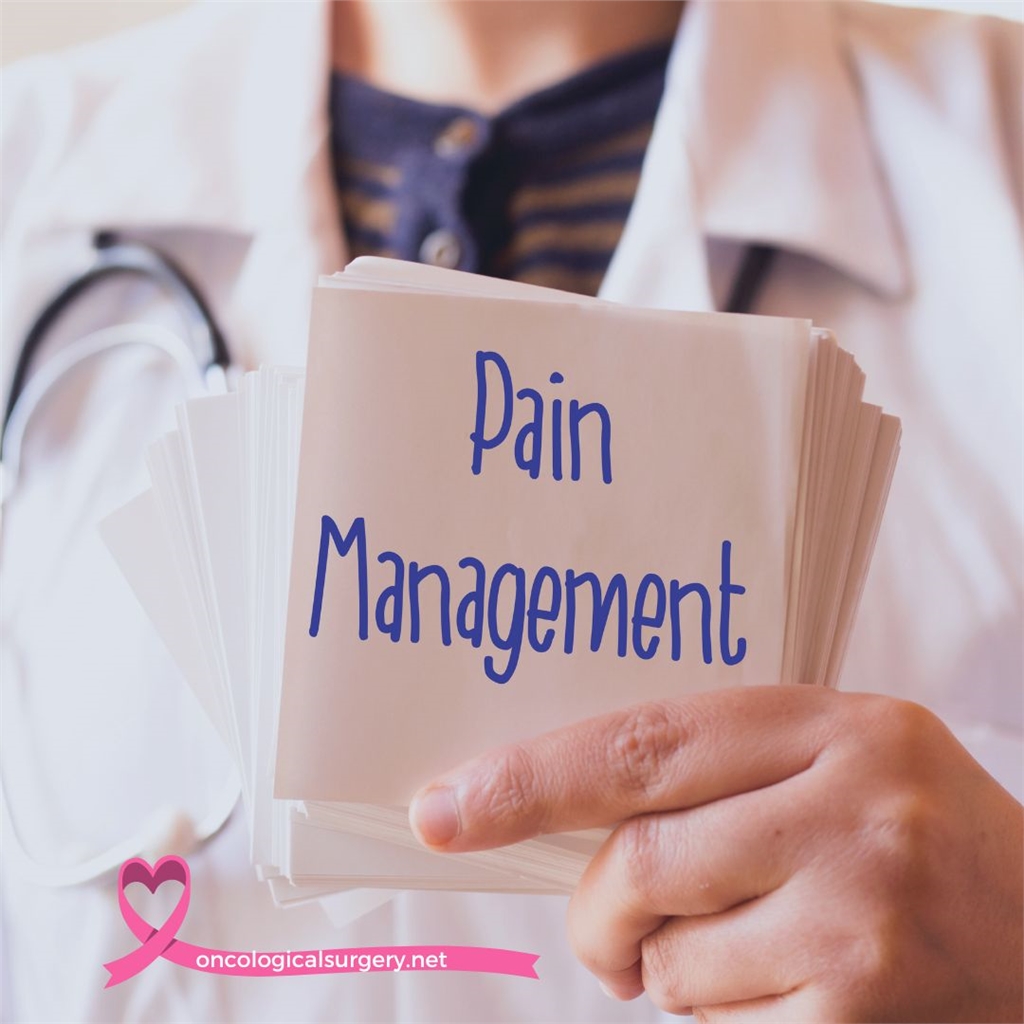
How to Manage Pain After Oncology Surgery?
Pain management post-surgery is important in recovery after any Oncology Surgery. The type of surgery and condition of the patient are directly related to the intensity and duration of post-surgical pain. Effective pain management strategies should be provided to ensure smooth recovery and an enhanced quality of life for the patients.
Medication Management
Medications are generally the cornerstone of post-surgical pain management. Your oncologist or surgeon can prescribe a combination of pain killers that can include over-the-counter medication like acetaminophen or ibuprofen and, when necessary, stronger prescription painkillers. In order to control your pain with as few side effects as possible, it is important that you take the medication in the doses and on the schedule described.
For Colon Cancer Treatment or for Pancreatic Cancer Treatment, pain management may involve specific protocols considering peculiarities of these surgeries. Always consult your private oncologist to assure you use most effective pain management for your particular situation.
Physical Therapy and Rehabilitation
Other very important part of post-oncology surgery pain is physical therapy. Physical therapy can be very helpful in restoring mobility, strengthening muscles, and reducing pain. Your physical therapist will provide you with an individual rehabilitation program, striving to gradually increase your activity level, but focusing on the type of exercises that do not increase your pain.
In the case of surgeries dealing with the digestive system, such as Stomach Cancer Treatment, physical therapy can alleviate postoperative discomfort by helping digestion. Recovery and reduction of pain can also be aided by introducing gentle exercises and slowly building up physical activity.
Lifestyle Changes
Modifications in certain life manners can contribute significantly to pain management and overall recovery. Here are some tips to follow:
- Stay Active: Regular light exercises as recommended by the doctor will help avoid stiffness and unnecessary pain.
- Wholesome Diet: A diet full of nutrition supports the healing process. Proper nutrition helps in the repair of tissues and strengthening your immunity.
- Hydration: Plenty of fluids to keep you hydrated will also help in the management of pain and avoid complications such as constipation due to pain medications.
- Rest and Sleep: Rest and sleep as much as possible. Your body needs time to recover, and proper rest may actually decrease pain and hasten recovery.
Mind-Body Techniques
These will help you in relaxation and also reduce stress, which further triggers pain. The techniques include deep breathing exercises, meditation, and guided imagery-all of which help pain management and improvement of general well-being. These are very helpful especially for patients who have just undergone Thyroid Cancer Treatment or other surgeries where pain could always be triggered by stress and anxiety.
Communicate with Your Healthcare Team
Open communications with your healthcare team are important for pain management. Keep your oncologist and surgeon up-to-date about your current pain status, any side effects of medications, or other concerns. They may adjust pain management accordingly to make sure you get optimal care.
For individualized pain management tips, seek the attention of a personal oncologist. They might actually suggest some personalized tips and also guide one through each recovery step.
Conclusion
Pain management following oncology surgery is multi-factorial, as it can take the form of medication, physical therapy, lifestyle modification, and mind-body techniques. Through the use of a multi-modality pain management treatment and close communication with the health provider, one will be able to manage the postsurgical pain and enhance one's recovery process appropriately. Whether you are recovering from Colon Cancer Treatment, Pancreatic Cancer Treatment, Stomach Cancer Treatment, or Thyroid Cancer Treatment, having a personally fitted pain management plan can make all the difference in your road to healing.
